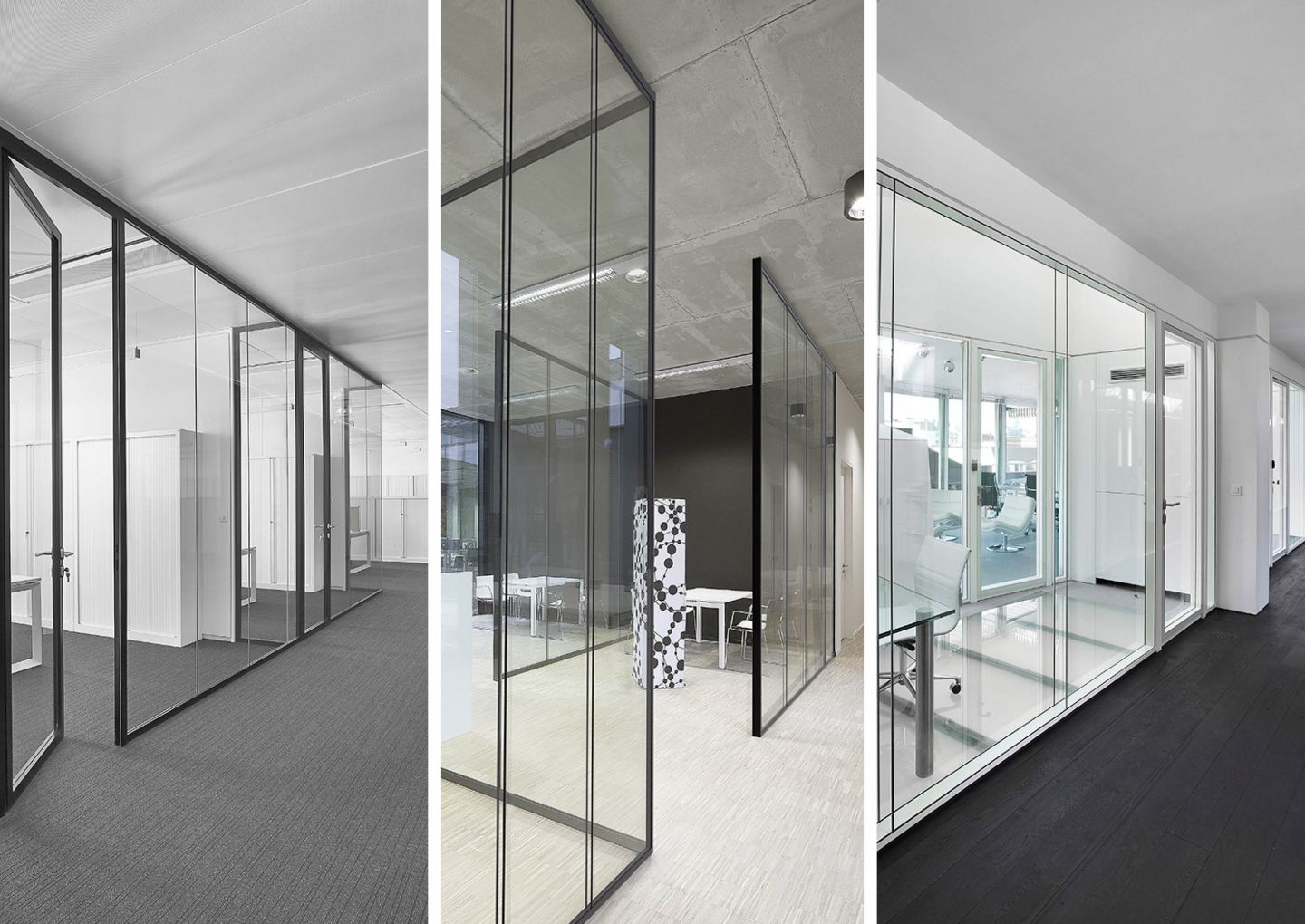
Beddeleem's JB 4000 and JB PURE system walls: the first in the world to be 'Cradle to Cradle Certified® Silver'
Beddeleem signs up to the “Cradle to Cradle®” vision and scores its first success with JB 4000 and JB PURE. These system walls are the first in Europe to be Cradle to Cradle Certified® Silver. Cradle to Cradle® is a model for designing products so that they are safe and reusable from start to finish.
For our customers, this certificate means that by using our walls they can earn up to two extra points for a LEED project. They can also earn extra credits for BREEAM-NL projects in the ‘Building materials’ and ‘Responsible Sourcing of Materials’ categories by using Cradle to Cradle Certified® products.
Beddeleem is working towards the certification of more products in the future, both by adapting existing products and by incorporating these principles into new product design.
Circular economy
“Waste is food” is the slogan of the Cradle to Cradle® vision, which focuses on the circular economy. Cradle to Cradle Certified® is a programm that assesses products and materials with reference to a number of factors: material health, material reutilization, the use of renewable energy, water stewardship and the social fairness and ethics of a business. Each factor is assessed separately and receives an achievement level — Basic, Bronze, Silver, Gold, or Platinum.
Safe and reutilisable from start to finish.
Cradle to Cradle® is a new business model that aims to design products so that they are safe and reusable from start to finish. That calls for an entirely new collaboration between supplier, manufacturer, user and processer. Consequently, Cradle to Cradle® is a strategy for product and process innovation in which closing the material cycles is key. The challenge is to develop products that are safe and healthy for people and the environment, and which, at the end of use, can be dismantled into valuable raw materials or that simply break down in the biosphere.
Today’s methods of sustainable product design focus on limiting the harmfulness of the product. Here the product is seen as the chain of development, use and disposal (reuse and landfill). The central idea of the Cradle to Cradle® philosophy is that it should be possible for all the materials used in one product to be usefully put to work in another product, with no adverse effect on quality. This is the cycle referred to by the slogan “waste is food”.
Beddeleem goes along with this and contributes to a circular economy. We strive to have no waste after the life cycle of a product. In a circular economy, materials are recycled to the maximum extent and reused in the making of new products. To this end, Beddeleem follows the 'Cradle to Cradle Certified® Product Standard' during the design process.
Cradle to Cradle® focuses on the following five criteria:
Material health
A healthy products starts with its basis. So knowing the chemical ingredients of every material is our first concern. Our partition walls make as much use as possible of recycled aluminium and sustainable glass. All the parts in turn are viewed and checked for the addition of harmful substances. Where these are not as they should be, they are replaced with more sustainable alternatives.
Material Reutilization
Our manufacturing and site waste (for example, aluminium) is sorted in our own waste depot and can afterwards be recycled into new base materials. 98% of the powder used in lacquering can be recovered; the remaining 2% gets a new life, and is used inter alia in Gore-Tex clothing.
Renewable energy
We are working towards a future in which all manufacturing is powered by 100% clean renewable energy. Beddeleem’s photovoltaic installation delivers some 950,000 kWh annually. Recycled wall panels are processed in a bio power station that provides 51,000 families with green energy every year.
Water stewardship
At Beddeleem we manage clean water as a precious resource and an essential human right. We have our own water purification plant.
Social fairness and business ethics
Products and processes are designed so that the materials remain available for people and their natural environment.
